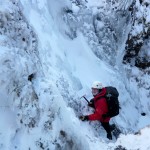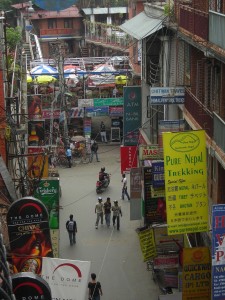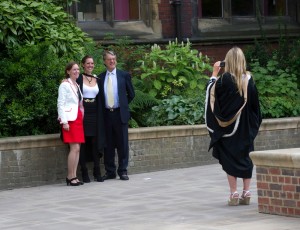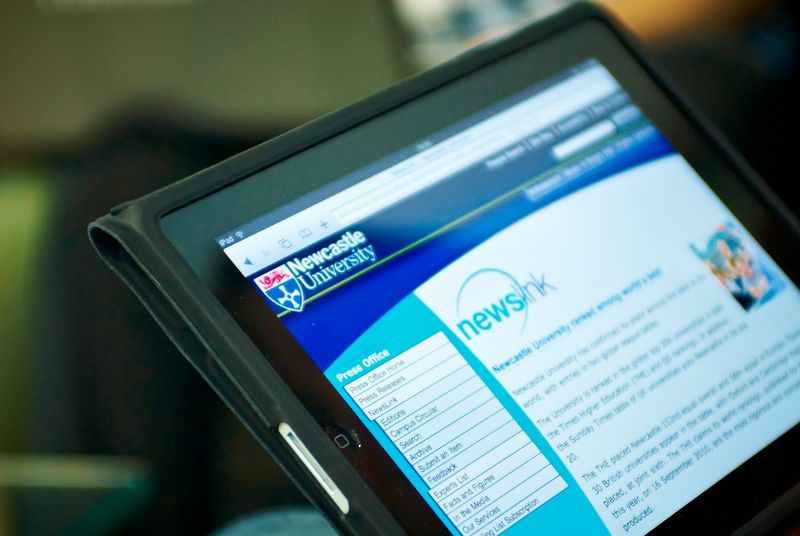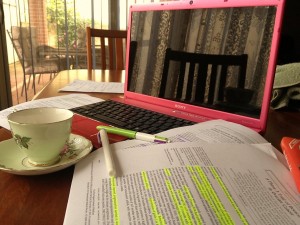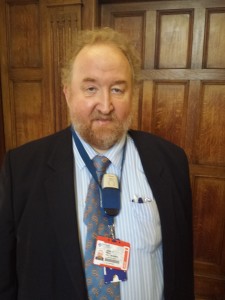Last week I tweeted a link to a clip to this video: A Video of Students Today, from anthropologist Michael Wesch at a conference on the future of medical education. The speaker was presenting his work on live tweeting in lectures, and some of the delegates expressed their concerns. I’m not ashamed to say that my first reaction was very parental. I wanted to scream at the students to put their devices down and take notice of what was happening around them. Watching the video for a second time, after having reflected on my own practice for TMA02, I realised that this is the world now. Online, offline…the line is fine and permeable. And that’s OK. The students in this video had an awareness of world issues that I don’t think my generation really until 1984, when Michael Beurk reported on the Ethiopian famine. And that was delivered to us, in our living rooms via television. Before that it was books.
There’s a point in the video where you find yourself making a judgement – what the students are saying about their study is either great, innovative, exciting or it’s disgracefully disrespectful of traditional academia. The first minute sets out that there’s a divide between the old and the new, both equally alien in the other’s worlds. But you could say that about anything, you only have to watch an episode of Horrible Histories to see that (my favourite has to be Queen Elizabeth I and the “wrist clock”).
But as the video progresses, Wesch shows us what the world of study looks like through the eyes of typical undergraduate students. You could be pedantic and argue that these were typical undergraduate anthropology students but if Dahlstrom et al (2013) are correct then they are pretty much representative. In fact, the presentation that I referred to at the start of this post into undergraduate medical students confirmed to me that it is very representative.
So when Wesch asks “Can technology save us?” my answer is yes, it always has. Technology is a manifestation of the ingenuity of the human mind, the reason why humans adapt to every challenge the world has thrown our way – mountains, oceans, deserts, space. The internet is overcoming physical barriers, allowing us to communicate with distant friends, families and tutors. It’s making remote working and studying possible, providing the potential to create socio-political change more rapidly than ever before. It’s giving us the opportunity to lots of things, but how we choose to use it is up to us. Perhaps, therefore, a more pertinent response to the question “Can technology save us?” might be “From what?”
Victoria Hewitt
Module Leader
